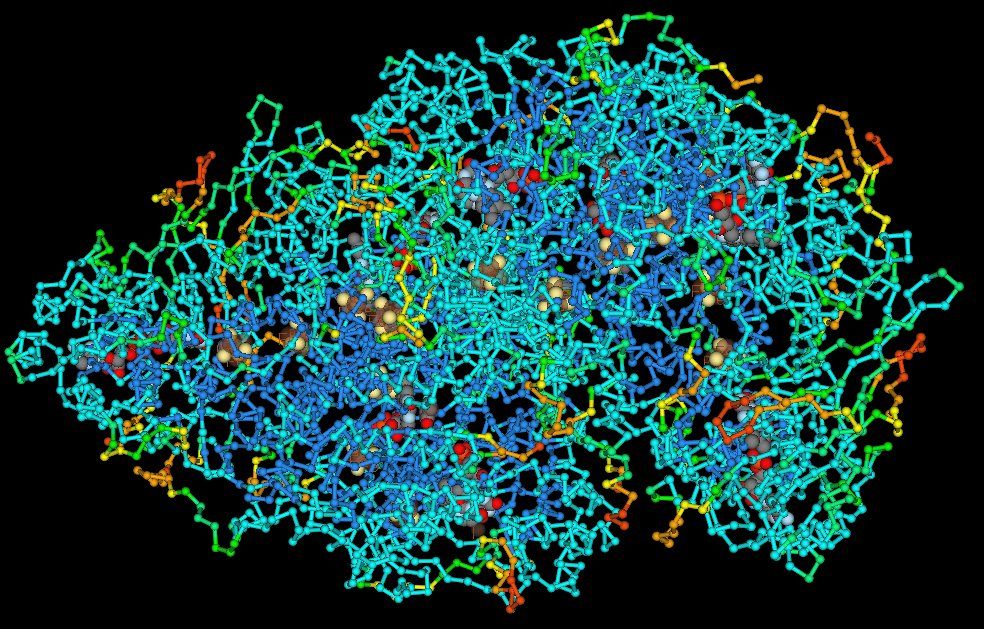Reusing Polymers: Advertising a Circular Economic Climate
Reusing Polymers: Advertising a Circular Economic Climate
Blog Article
Checking Out the Varied Applications and Advantages of Polymers in Different Industries
Polymers, with their varied series of residential properties and functionalities, have actually ended up being indispensable in different industries, each reaping special gain from their application. Polymers. From enhancing safety and efficiency in the automotive field to revolutionizing clinical gadgets in the health care market, polymers play a crucial function. Moreover, their green nature is altering the landscape of sustainability methods. As we dive into the midsts of polymers in electronics, we discover cutting-edge innovations, while their structural integrity transforms the world of building and framework. The pervasive influence of polymers throughout markets is a testament to their flexibility and flexibility, shaping the future of many markets.
Automotive Field Applications
Polymers play a pivotal duty in improving the efficiency and resilience of numerous parts within the vehicle industry. These versatile materials are extensively utilized in the manufacturing of various parts, varying from indoor components to under-the-hood applications. One prominent usage of polymers in the automobile market is in the production of lightweight elements. By replacing conventional steel components with polymer-based options, cars can attain improved gas efficiency without endangering on toughness or safety.

Healthcare Sector Advantages
In different medical care applications, the advantages of utilizing polymers are commonly recognized for their varied variety of beneficial buildings. Polymers play a critical function in the health care sector due to their convenience, biocompatibility, and cost-effectiveness. Among the primary advantages of polymers in health care is their capacity to be customized to particular demands, such as adaptability, longevity, and biodegradability, making them ideal for a vast range of medical applications.
Polymer-based materials are thoroughly made use of in medical devices, such as catheters, implants, prosthetics, and medicine delivery systems, because of their biocompatibility and ability to resemble all-natural cells. These materials can decrease the risk of allergic responses or denials, enhancing client security and results. Furthermore, polymers are light-weight, making them suitable for wearable clinical gadgets and ensuring client comfort.
In addition, polymers make it possible for the development of ingenious treatment techniques, such as hydrogels for tissue design and nanocomposites for targeted medication distribution. Their ease of handling and sterilization makes them crucial for maintaining high requirements of hygiene in healthcare settings. Overall, the diverse advantages click reference of polymers contribute considerably to developments in medical innovation and patient care.
Environmental Advantages of Polymers

Furthermore, polymers can add to power savings due to their lightweight nature. In sectors such as transport, light-weight polymer materials can aid decrease gas usage and greenhouse gas exhausts. In addition, polymers can enable the growth of energy-efficient items such as insulation materials that boost energy preservation in structures.
Furthermore, polymers play a vital function in lowering water air pollution. For instance, the use of polymer-based filtration systems can efficiently get rid see it here of toxins and impurities from wastewater, securing water sources and ecological communities. In general, the environmental advantages of polymers make them valuable properties in promoting sustainability and green methods across various industries.
Polymers in Electronics and Technology
Considering the increasing demand for ingenious and lasting remedies in modern markets, the combination of innovative polymer modern technologies in the world of electronics and technology has become an essential method for driving performance and efficiency. Polymers have transformed the electronics sector by allowing the production of lighter, more versatile, and durable electronic devices. From smartphones to medical devices, polymers play a critical role in boosting product layout and functionality.
One considerable benefit of polymers in electronic devices is their protecting residential or commercial properties, which help shield fragile electronic components from ecological factors and electric disturbance. Furthermore, polymers are important in the advancement of flexible screens, wearable innovation, and printed electronic devices, using limitless possibilities for creating clever and interconnected gadgets.
In addition, making use of polymers in electronic product packaging has actually resulted in developments in miniaturization and thermal administration, improving the general performance and integrity of electronic systems. As modern technology continues to advance, the versatility and adaptability of polymers will most certainly drive better advancement in the electronic devices market, forming the future of technology.
Role of Polymers in Building and Infrastructure
Polymers use many advantages in the building and construction sector due to their convenience, sturdiness, and cost-effectiveness. One vital role of polymers in building is their important source usage in finishings and sealants, offering protection against environmental elements such as wetness, UV radiation, and corrosion.
Moreover, polymers play a vital role in lasting construction methods by enabling the growth of energy-efficient structures. Shielding materials made from polymers assist control indoor temperature levels, minimizing the demand for home heating and cooling down systems and eventually reducing power intake - Polymers.
Verdict
To conclude, polymers play an essential duty in numerous industries such as auto, health care, environmental, electronics, and building. Their flexible properties make them important in producing innovative remedies and products. From enhancing gas effectiveness in lorries to enhancing medical devices, polymers provide many advantages. In addition, their influence on decreasing waste and promoting sustainability highlights their value in modern applications. The extensive use polymers shows their considerable contribution to advancing technology and enhancing high quality of life.
Report this page